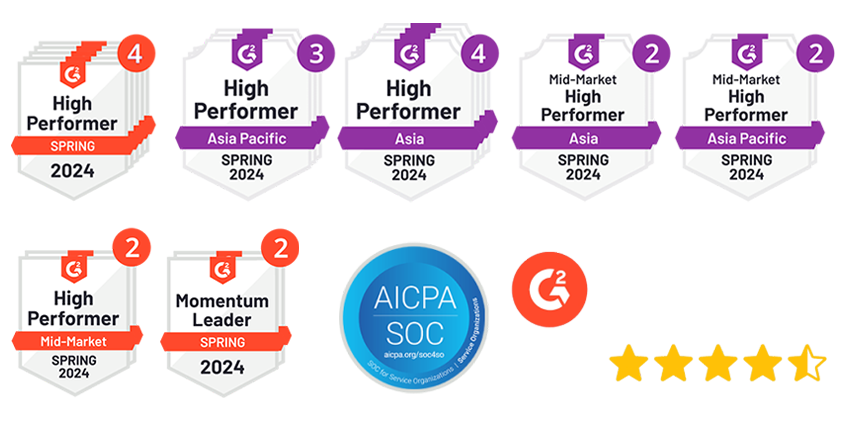Managing customer payments and disputes has always been a challenge for finance teams. Lost emails, missed follow-ups, and manual tracking can lead to overdue invoices, delayed cash flow, and strained customer relationships. However, AI collection agents are now transforming how collections teams operate, making the entire process faster, smarter, and more efficient.
The Challenges of Traditional Collections
Collections teams often struggle with slow response times, vague customer excuses, and never-ending email chains. Some of the biggest bottlenecks include:
- Missed Promise-to-Pay (P2P) follow-ups: P2P commitments often get buried in long email threads, leading to inconsistent follow-ups.
- Manual dispute resolution: Finance teams must manually check and verify customer disputes, which delays payments and strains relationships.
- Lack of payment proof tracking: If a customer claims to have made a payment but hasn’t attached proof, finance teams must chase them for confirmation.
- Inefficient customer detail updates: Manually updating details like bank accounts and addresses increases errors and slows down processes.
With these challenges, finance teams spend excessive time on administrative tasks instead of focusing on strategic decision-making and optimizing cash flow.
How AI is Revolutionizing Collections
Imagine having AI Collection Agents in your collections team—one that never forgets a payment commitment, follows up on disputes, and streamlines customer communication. Here’s how AI is changing the game:
1. Smart Email Analysis and Response Suggestion
AI doesn’t just automate reminders; it reads emails, analyzes tone, and suggests the most effective response instantly. If a customer requests a two-week delay on their payment, AI detects the request, evaluates past payment behavior, and suggests an appropriate response—whether it’s approval, negotiation, or escalation. No manual intervention is needed.
2. Automated Promise-to-Pay (P2P) Follow-ups
AI logs P2P dates as soon as customers share them, updates invoice records, and auto-schedules follow-ups. This ensures that no payment commitment slips through the cracks and finance teams don’t have to manually track every P2P date.
3. Intelligent Dispute Resolution
Instead of manually handling disputes, AI agents:
- Automatically create follow-up tasks.
- Assign them to the right team members.
- Track resolution progress to ensure timely action.
This significantly reduces the time spent on resolving disputes and improves cash flow predictability.
4. Automated Payment Proof Collection
AI detects missing proof of payment in customer emails and follows up automatically. No more endless email searches or delayed payments due to missing documentation.
5. Smart Customer Detail Updates
AI detects customer information updates within conversations, creates a task for the collections team, and routes it through a smart approval workflow. This ensures that updates are verified and applied correctly, reducing errors and administrative workload.
The Impact: Faster Collections, Higher Productivity
With AI collection agents handling these tasks, finance teams can:
- Save over 1,000+ man-hours per month
- Increase productivity by 72%
- Reduce overdue invoices and improve cash flow
The question is no longer if finance teams should embrace AI but when. AI-powered collections agents are already proving their value by eliminating manual work, improving efficiency, and enhancing customer interactions.
Finance leaders—will your collections team stay ahead of the curve with AI, or continue struggling with outdated, manual workflows?












































